Ninety percent of Greeks believe heatwaves pose a serious threat to the future. At the same time, one in two says they were impacted by high temperatures, according to a study conducted by Mindworks amid scorching temperatures in July 2025.
As Europe recovers from one of the hottest summers in history, with high temperatures persisting in Greece in September, the study, which focuses on Greece, Croatia, and Hungary, aims to provide some insightful details and critical information about ways to address the climate crisis and make adjustments accordingly.
The study revealed that while respondents acknowledged that health was most at risk because of the high temperatures, heatwaves were increasingly affecting economic life, with high energy costs and a loss of income being cited.
Some of the key findings of the study showed that ninety-one percent of Greeks, 88% of Hungarians, and 90% of Croatians see heatwaves as a threat to the future, according to new findings.
More than half of Greeks (52%) said this summer’s heatwaves had a serious impact on their lives. The share was lower in Croatia at 37% and in Hungary at 29%.
At the same time, the survey highlights people’s confidence in the role of communities in adapting to extreme temperatures. In Greece, two-thirds of respondents said they want local communities to take action if the government fails to do so.
According to the Mindworks survey, several findings stand out for Greece:
- Women report being more affected by heatwaves than men, at 61% compared with 44%.
- Younger people, particularly Generation Z, appear to experience the impacts more intensely, with 67% saying they were seriously affected.
- Residents of Athens are more likely to feel the effects, with about 56% reporting an impact, compared with 42% in smaller towns.

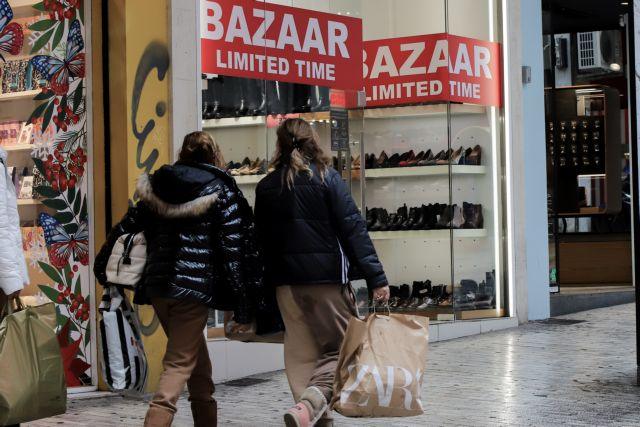



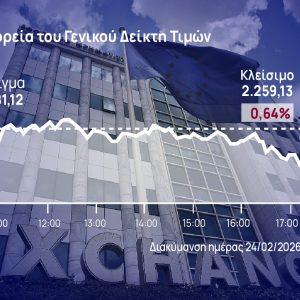








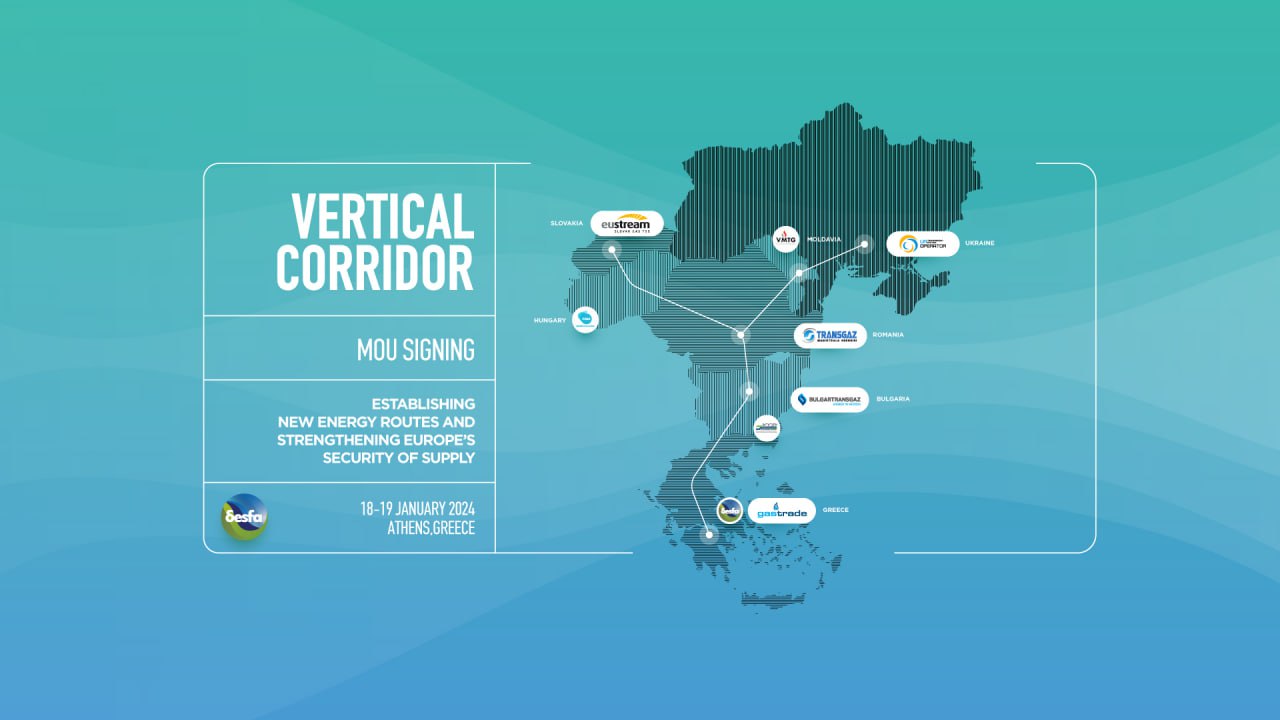











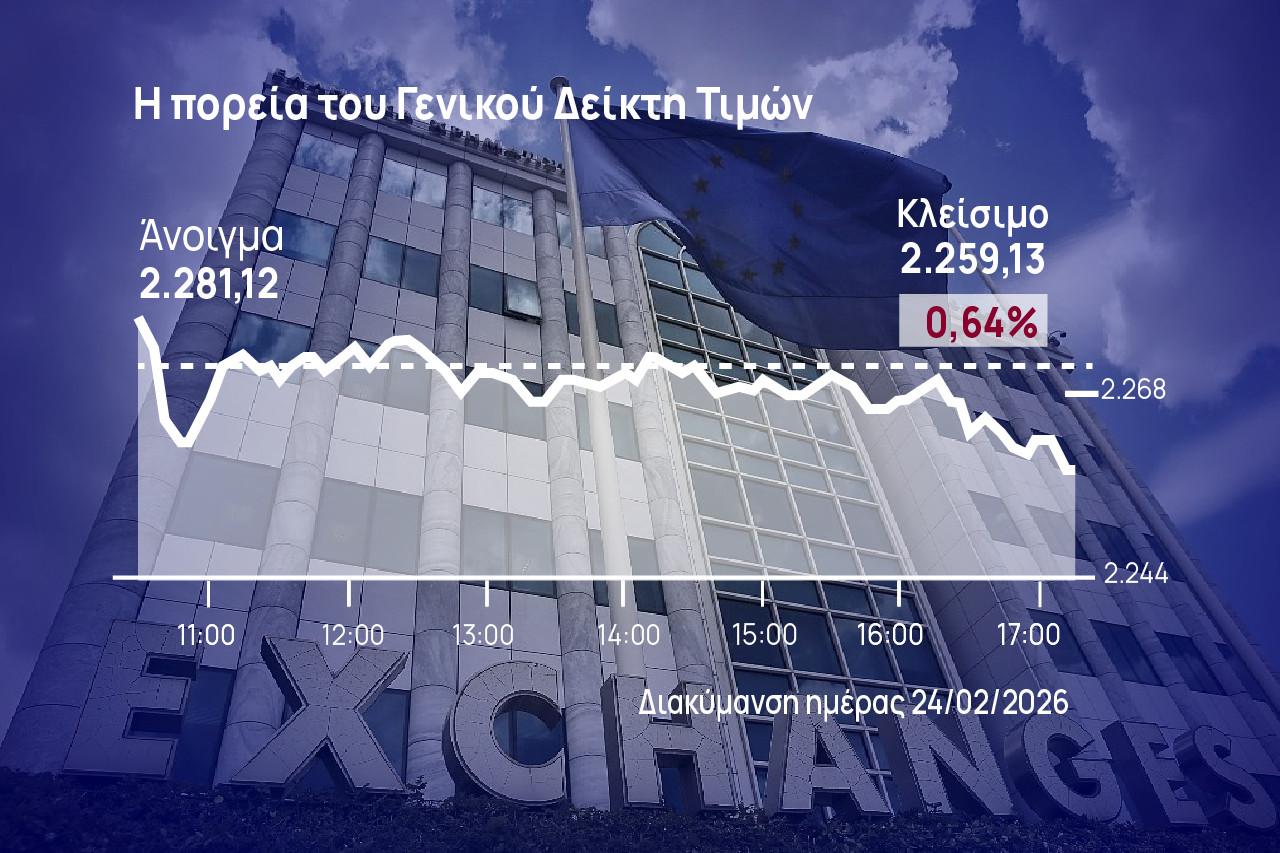
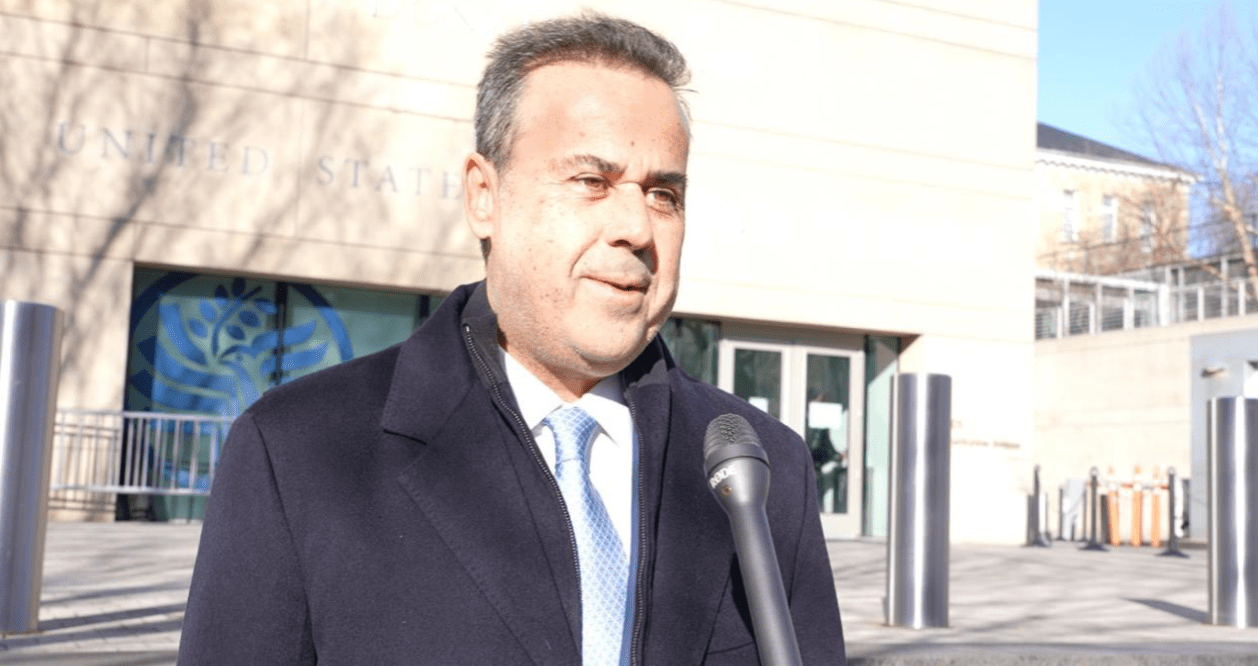




![Beta Securities: Σε φάση επέκτασης οι ελληνικές τράπεζες – Τι σηματοδοτεί το 2026 [Πίνακες]](https://www.ot.gr/wp-content/uploads/2026/01/ot_banks_2025-1024x600-1-1-1-1.jpg)



![e-ΕΦΚΑ: Πώς θα παραμείνουν ασφαλιστικά «καλυμμένοι» οι αγρότες [πίνακας]](https://www.ot.gr/wp-content/uploads/2024/12/ot_agrotis_sitari.png)





